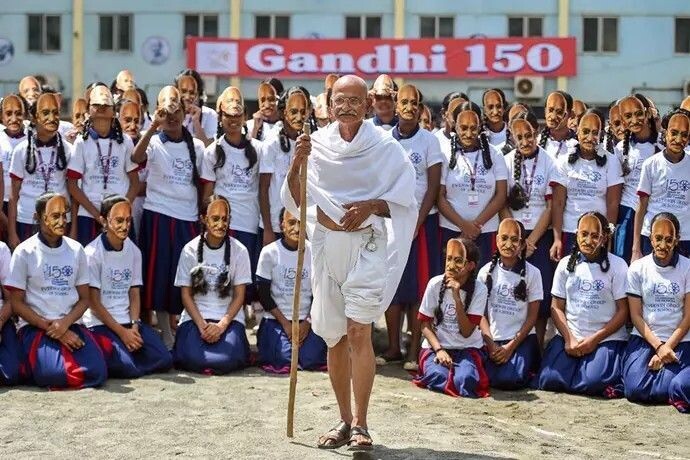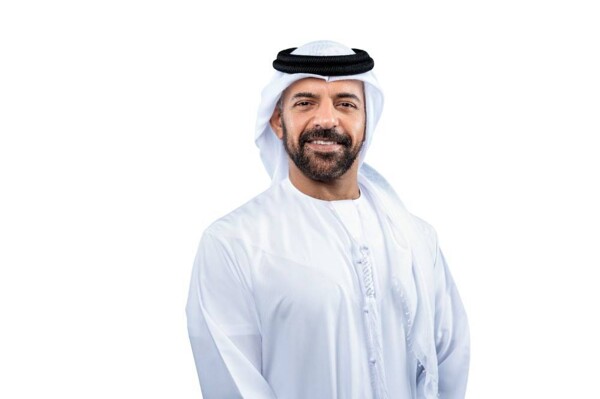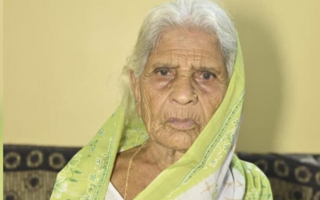
Mahatma Gandhi, known as a precursor of non-violence and peaceful resistance in India, is remembered on School Day of Non-Violence and Peace every January 30th. This day highlights seven effective strategies to prevent bullying in schools, such as promoting respect, training educational staff, involving parents, and developing anti-bullying programs.
Gandhi's strategy focused on promoting non-violence and peace with the goal of preventing violence in educational institutions. Despite coming from a humble family, Gandhi became a civil rights advocate in India and embraced non-violence as a method to achieve his goals. His philosophy of non-cooperation and non-aggression centered on truth, which he considered a fundamental force.
Gandhi, recognized as one of the most prominent leaders in the history of non-violent resistance, maintained a close relationship with Leo Tolstoy, from whom he adopted the concept of non-violent resistance. Since his assassination in 1964, the School Day of Non-Violence and Peace has been celebrated as a tribute to his legacy recognized by UNESCO in 1993.
Gandhi's teachings emphasize the importance of humility, helping others, and practicing non-violence as a means to achieve justice and social change. His moral influence in the dialogues that led to India's independence is undeniable, promoting equality between capital and labor as essential components for economic advancement and equity. Gandhi, through his peaceful resistance, condemned the use of violence to achieve social and political changes, inspiring later generations to follow his example of fighting for justice in a non-violent manner.














